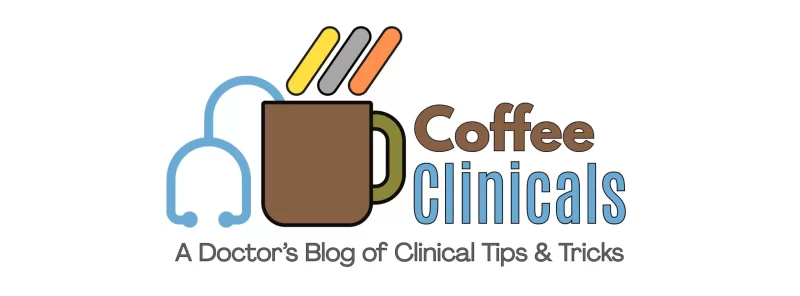
I agree this sounds like click-bait 
You have probably known in your clinical experience that cirrhotics tend to have low to normal blood pressure (BP). Cirrhosis results in accumulation of vasodilatory substances such as Nitric Oxide, prostaglandins, Substance P, etc. that lower Mean Arterial Pressures ( MAP) due to vasodilation, which causes increased heart rate & cardiac output. But on the other hand, the portal venous pressure starts going up due to increased arterial blood flow to the dilated splanchnic circulation AND increased venous outflow obstruction in a cirrhotic liver. If portal venous hypertension is significant (defined by hepatic venous pressure gradient (HVPG) ≥10 ) it is largely responsible for decompensation of cirrhosis. To add salt to the wounds, cirrhotics can develop a ‘cirrhosis cardiomyopathy’ with reduced cardiac outout and further drop MAP. You can see why anti-hypertensive meds can add more insult to this injurious cycle of lower arterial pressures and higher portal venous flow.
A study of 139 hospitalized cirrhosis patients published in 1988 showed that amongst 38 clinical variables tracked , mean arterial pressure & plasma norepinephrine concentration were the variables that best predicted prognosis A study published in 2014 tracked 402 Hepatitis-C related cirrhotics over 6 years and found lower MAP correlated to developement of ascites ( ascites risk increased by 4.4 times in cirrhotics with MAP values <83.32 mm/Hg ). An older study in 1995 found poor survival in cirrhotics with systolic blood pressures (SBP ) less than 90 mm Hg compared to those above that level.
Unlike unbreakbale ‘laws’ in Physics, Medicine has rules & exceptions – an exception here is non-selective beta-blockers such as Propranolol and Nadolol ! They lower cardiac output by blocking B1 receptors and cause splanchnic vasoconstriction & hence reduce portal blood flow by blocking B2 receptors. They tend not to drop MAP too much, so they might still be beneficial in reducing not only risk of varcieal bleeds but also reduce risk of liver decompensation. This study published in 2019 showed benefits of using a these medications even in patients with acute decompensation, ascites and spontaneous bacterial peritonitis, only as long as MAP stayed more than 82 mm Hg. Another study published in Lancet in 2019 showed how long-term use of β blockers could increase decompensation-free survival in patients with compensated cirrhosis & significant portal hypertension. So if the MAP heads below 80-82 level, then consider stopping even these beta-blockers, as the risk of decompensation appears to exceed their benefits.
Don’t miss these fun posts! Subscribe via email | |

